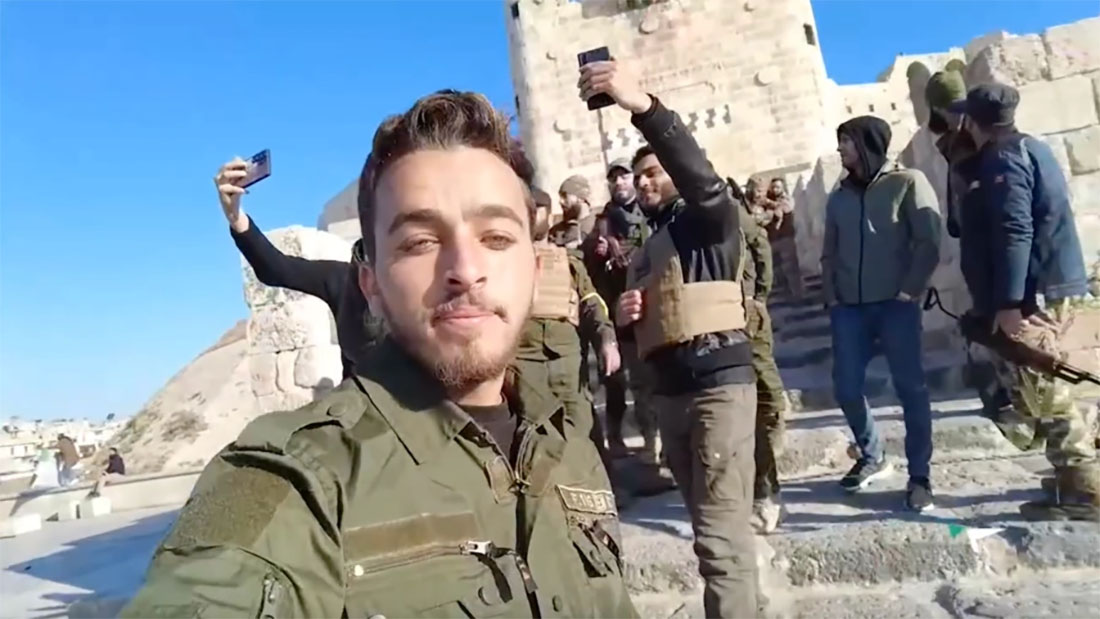Photo Credit: Getty Images
In a series of radical and unexpected turn of events, Syrian opposition forces have shattered years of stalemate, sweeping into Aleppo and dramatically challenging President Bashar al-Assad's regime. The lightning-fast offensive marks the first time rebels have controlled significant portions of the city since 2016, signaling a potential transformation in Syria's protracted civil war.
The assault, launched by a coalition called the "Military Operations Command," caught government forces off guard. By Saturday morning, rebel fighters had seized large swathes of the city, including central squares, the historic citadel, and strategically crucial locations. Eyewitness accounts and video evidence revealed armed men celebrating their advances, waving opposition flags and toppling statues symbolizing Assad's regime.
Strategic timing appears crucial to the rebels' success. With Russia increasingly preoccupied by its conflict in Ukraine and Iran facing regional challenges, the opposition saw an opportunity to exploit emerging geopolitical vulnerabilities. The Syrian Observatory for Human Rights reported 242 casualties, predominantly combatants, underscoring the intensity of the confrontation.
Syria's defense ministry acknowledged the rebel incursion, claiming reinforcements were en route for a counteroffensive. However, initial reports suggest minimal resistance from government troops, with residents describing surprisingly limited urban combat. The Russian air force quickly responded, conducting aerial strikes against opposition forces in Aleppo and Idlib provinces.
Complicating the landscape, Kurdish forces have simultaneously expanded their urban control, occupying neighborhoods previously held by the regime. Tensions are already emerging, with reports of clashes between rebel factions and Kurdish militia, potentially introducing another layer of complexity to the unfolding scenario.
The offensive represents more than a territorial gain. Aleppo, historically Syria's largest city and economic hub, carries profound symbolic significance. Losing control here represents a substantial psychological and strategic blow to Assad's government, which had portrayed itself as resurgent after years of civil conflict.
International reactions remain measured. The U.S. State Department stated it was "monitoring the situation," while Russian and Turkish foreign ministers discussed potential stabilization strategies. Iranian officials suggested the attack might be part of a broader geopolitical strategy to destabilize the region.
The broader context cannot be ignored. Syria's civil war, which began during the 2011 Arab Spring, has claimed over 300,000 lives and displaced millions. This latest development suggests the conflict remains far from resolution, with multiple actors continuously recalibrating their positions.


